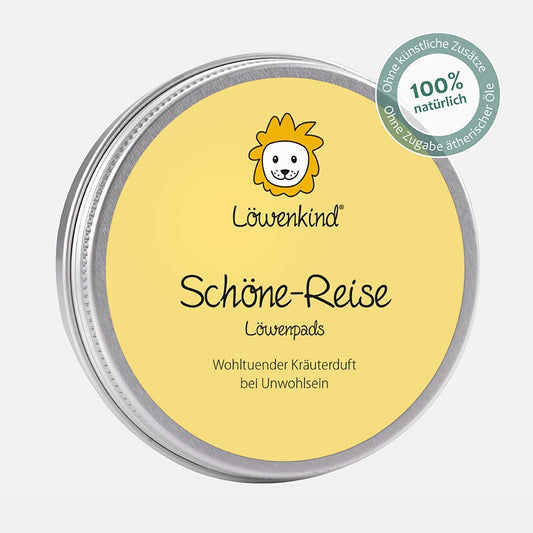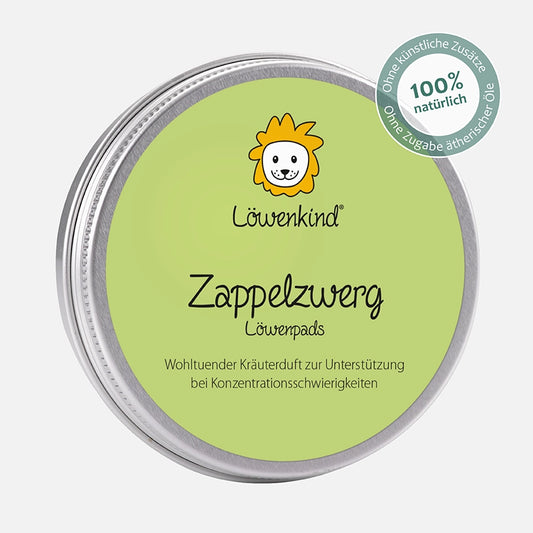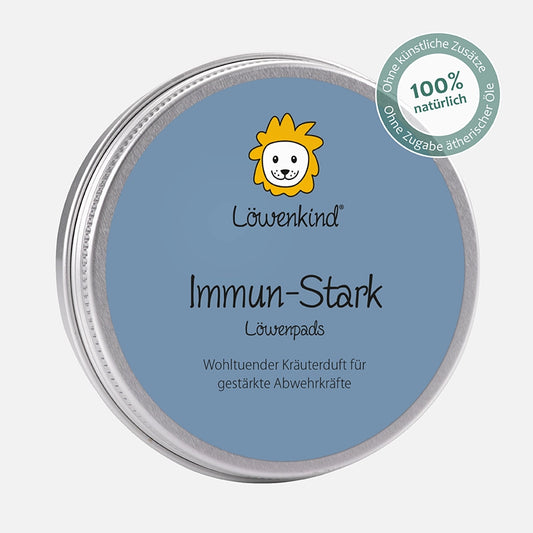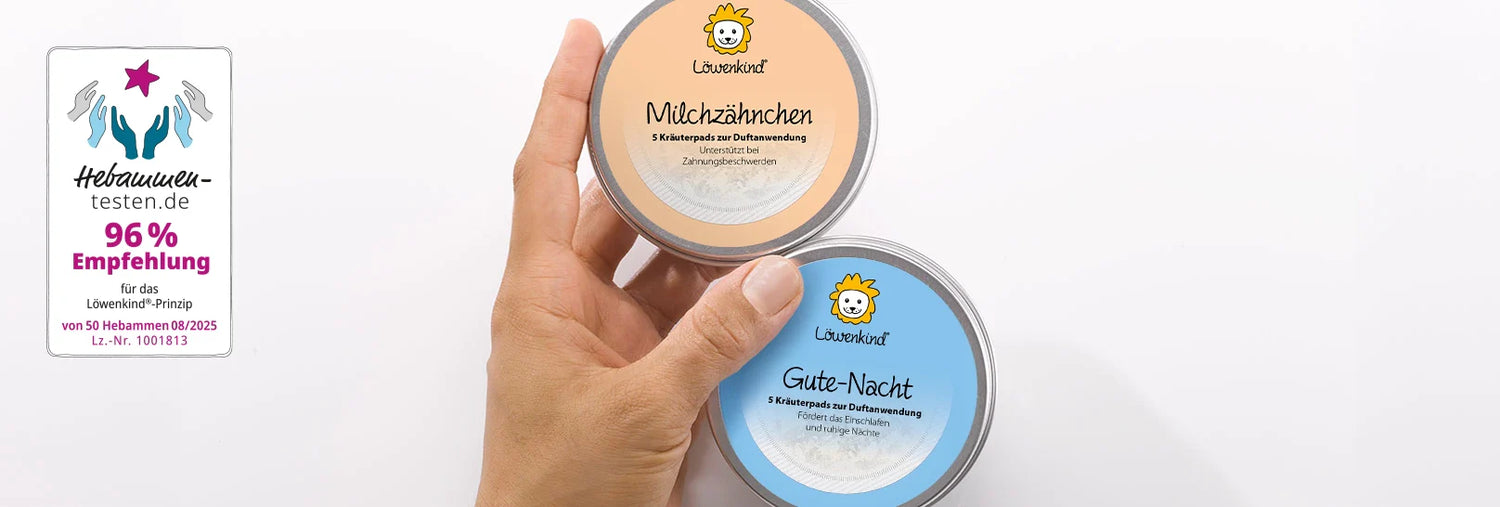Every mom and dad knows them: those phases when their baby suddenly changes. They sleep more restlessly, cry more, or suddenly seem particularly clingy. Many parents then ask themselves, "Am I doing something wrong?" The answer is a clear: No! These changes are completely normal and often a sign of a new developmental spurt.
What are developmental spurts?
Babies develop at a rapid pace in the first months and years. There are always phases in which their brains develop particularly intensively. During these times, they suddenly perceive the world differently and have to adjust to their new abilities. These spurts can be challenging for you and your baby, but they are an important part of natural growth.
When do developmental spurts usually occur?
Every baby is unique, but often the spurts occur around these times:
- Week 5 – Your baby becomes more aware of his surroundings.
- Week 8 – First targeted movements emerge.
- 12th week – Your baby discovers his hands and sounds more intensively.
- Week 19 – More coordination, first targeted grasping attempts.
- Week 26 – Your baby begins to understand cause and effect.
- Week 37 – First forms of logic and imitation.
- Week 46 – Development of sensitivity and emotional expression.
These times can vary from individual to individual – so there is no "right" or "wrong".
How do I recognize a developmental spurt?
Some typical signs of a flare-up may include:
- Changed sleep behavior
- Greater attachment
- Increased irritability or tearfulness
- Reduced appetite or changed drinking habits
- More intense interest in the surroundings
- First attempts at new skills (e.g. grasping, crawling, imitating sounds)
How can I support my baby during this phase?
Parents don't have to "do" anything during these phases—it often helps to simply be there. Here are some things that can be beneficial for babies during this time:
- Closeness and security: Many babies need a lot of physical contact and cuddles during such phases.
- Calm routines: Fixed routines help your baby feel safe.
- Understanding: If your baby is more restless, it can help to realize that he or she is learning a lot and that this can be tiring.
- Playful incentives: Small games or new objects can help your baby discover new skills.
- The Toothy-pegs pad : This specially developed herbal pad can help calm your baby during challenging phases and give them a feeling of security through its gentle, natural scents
Developmental spurts – a wonderful journey
Even though developmental spurts can sometimes be challenging, they demonstrate how much a baby is experiencing. Each phase brings new skills and opens up a new world for the child. If parents accompany their baby sensitively and don't put pressure on themselves, they can experience these special times more calmly.











